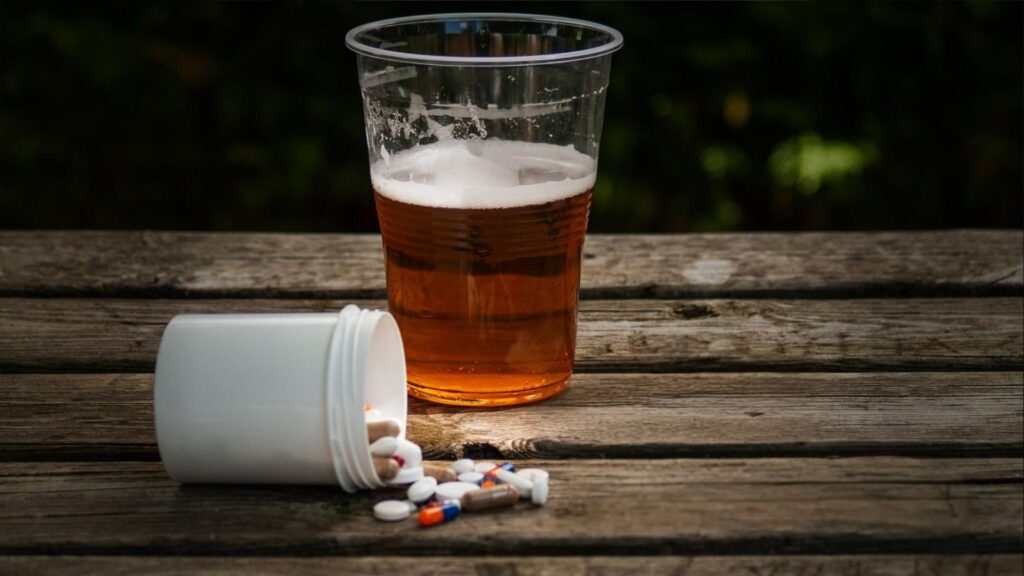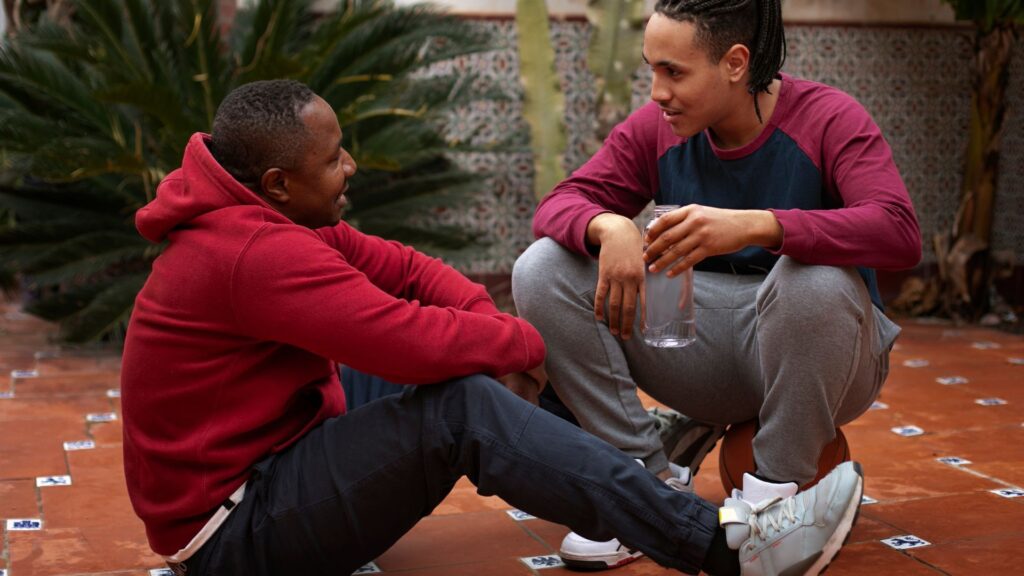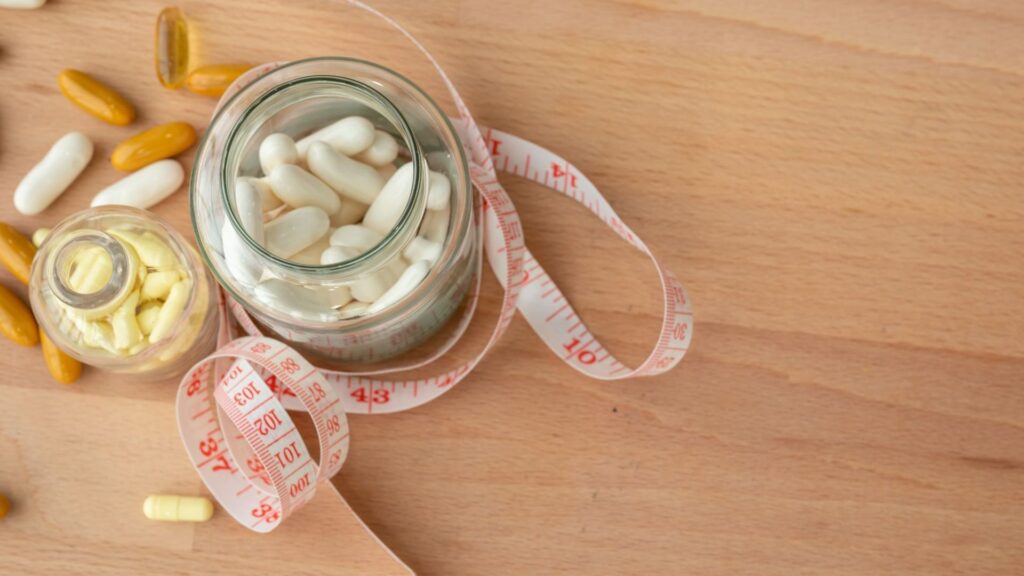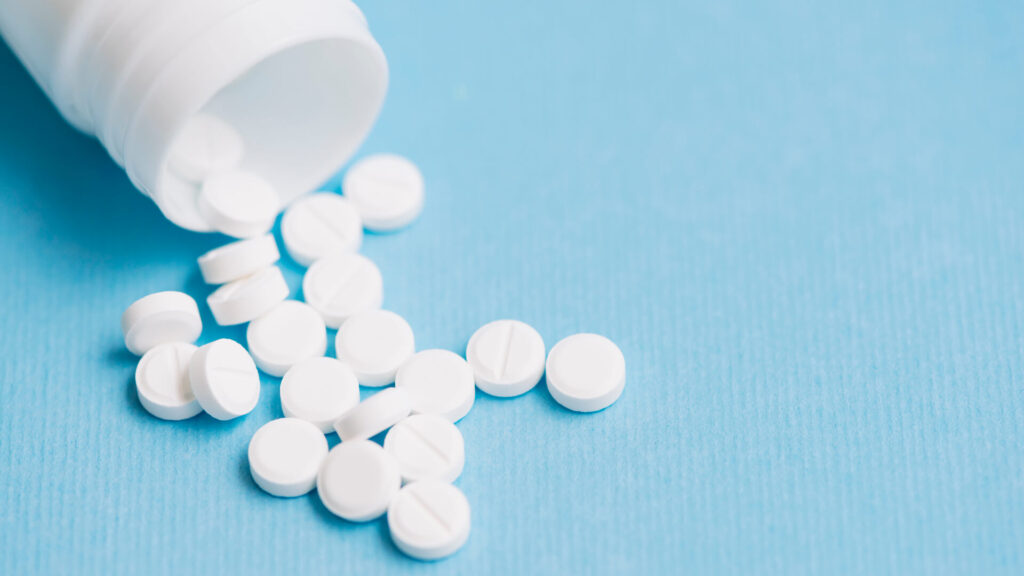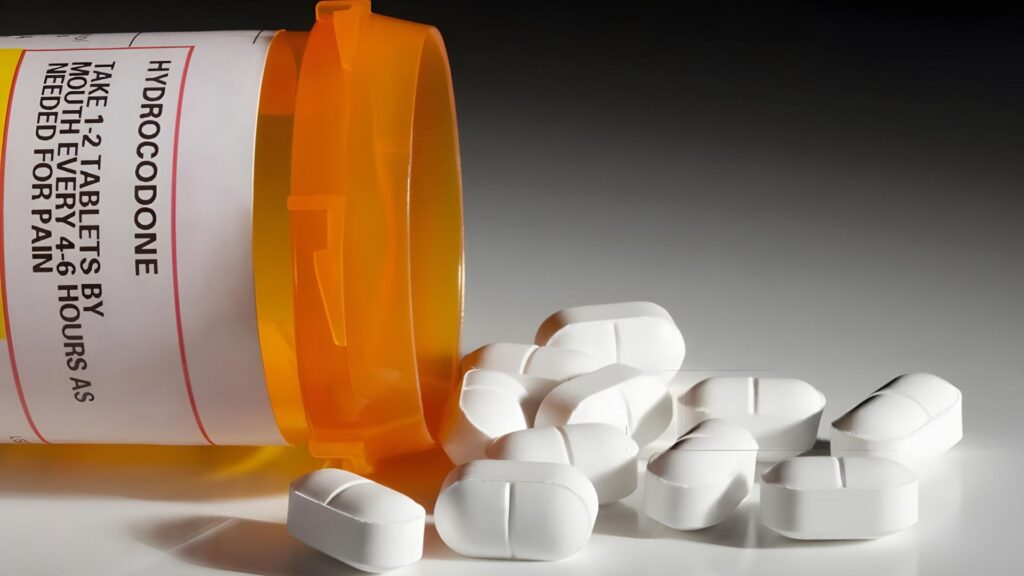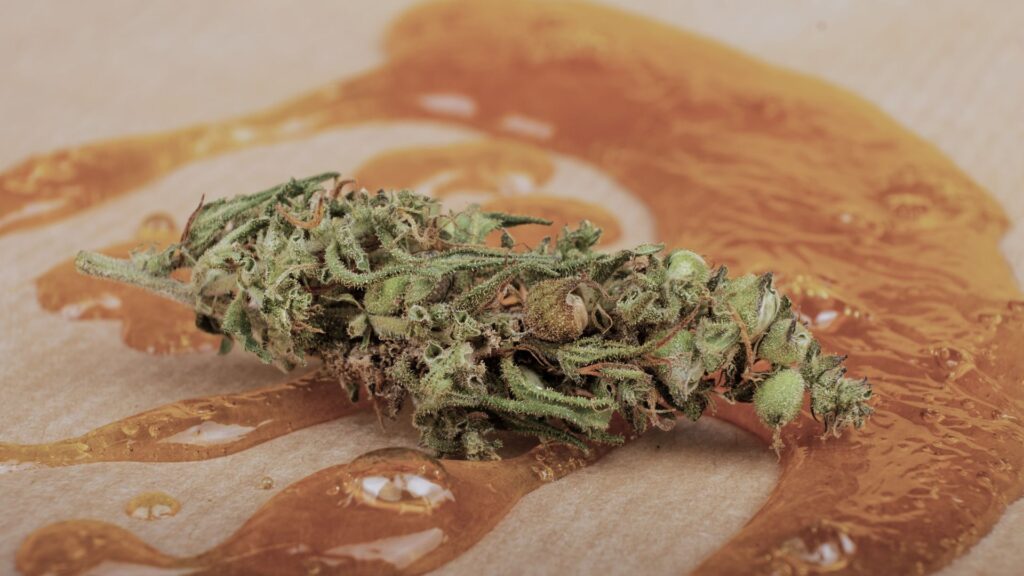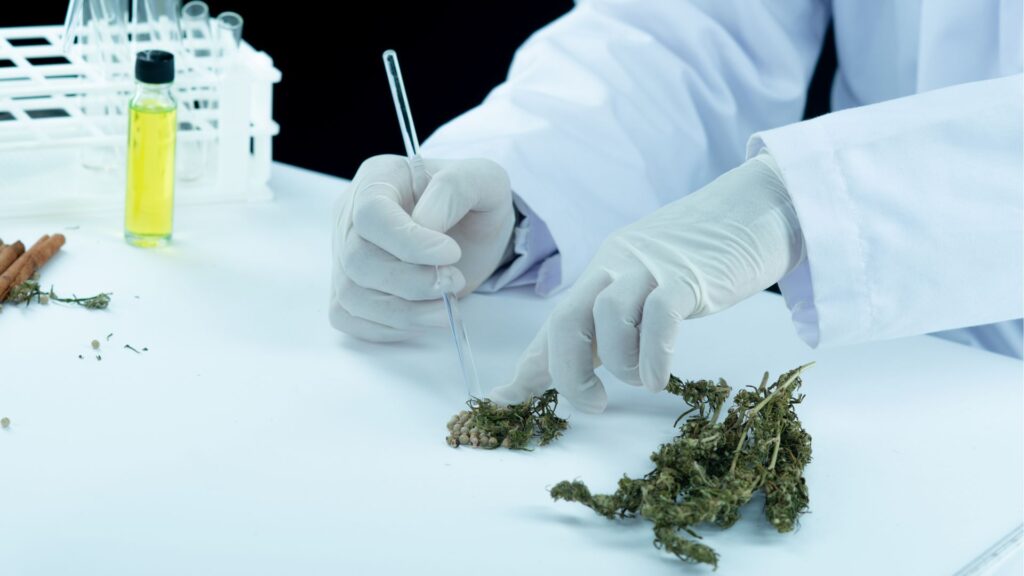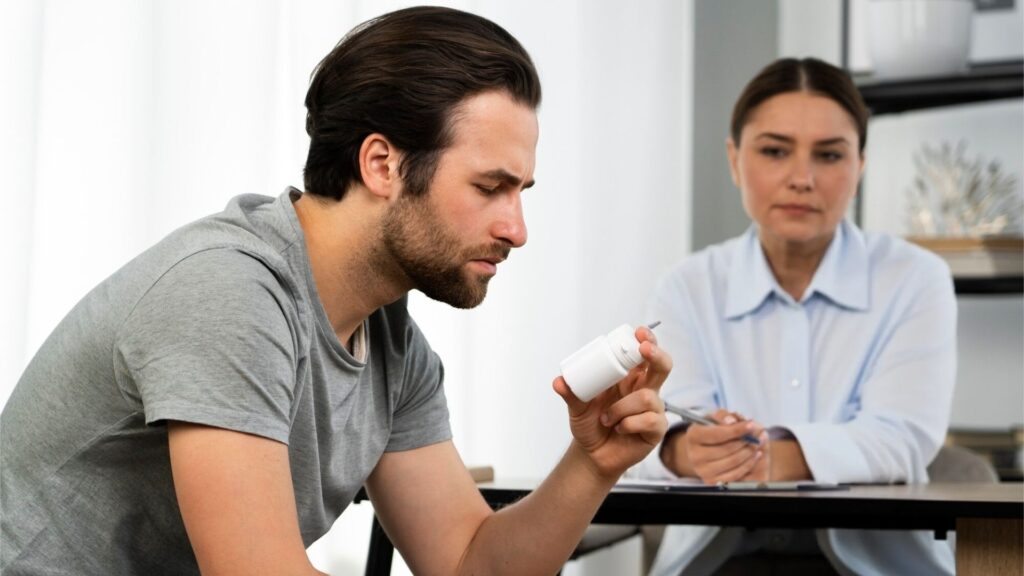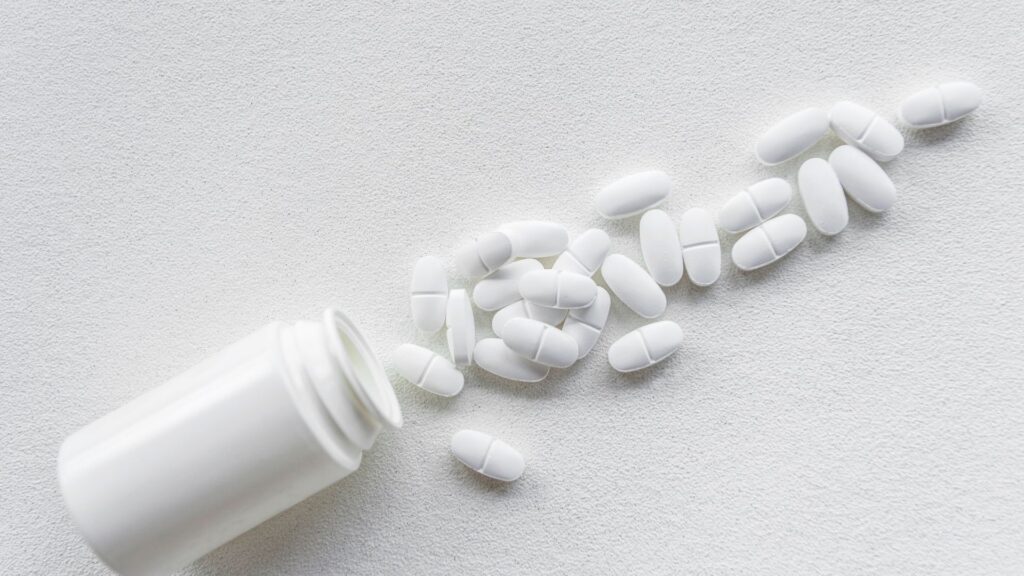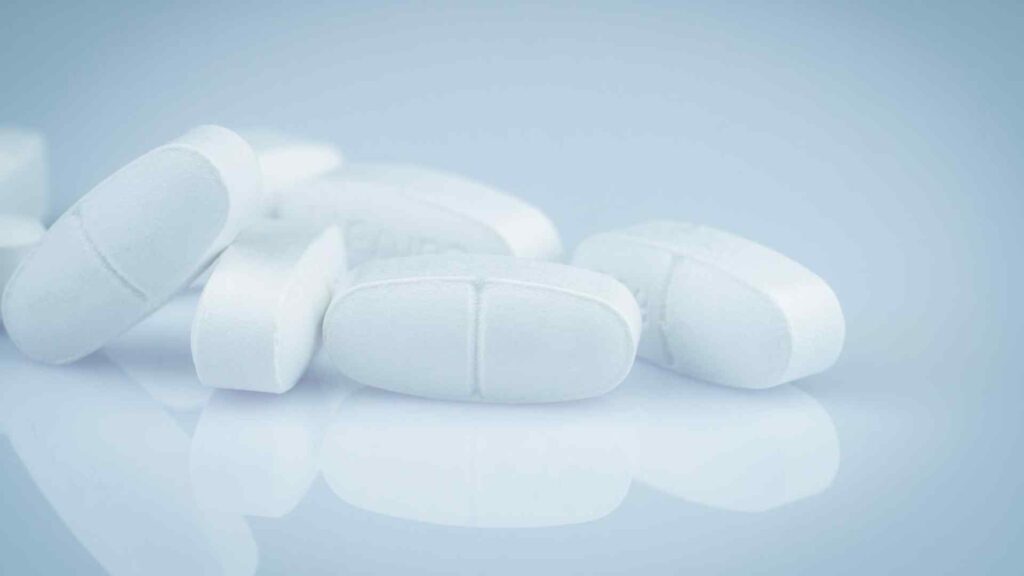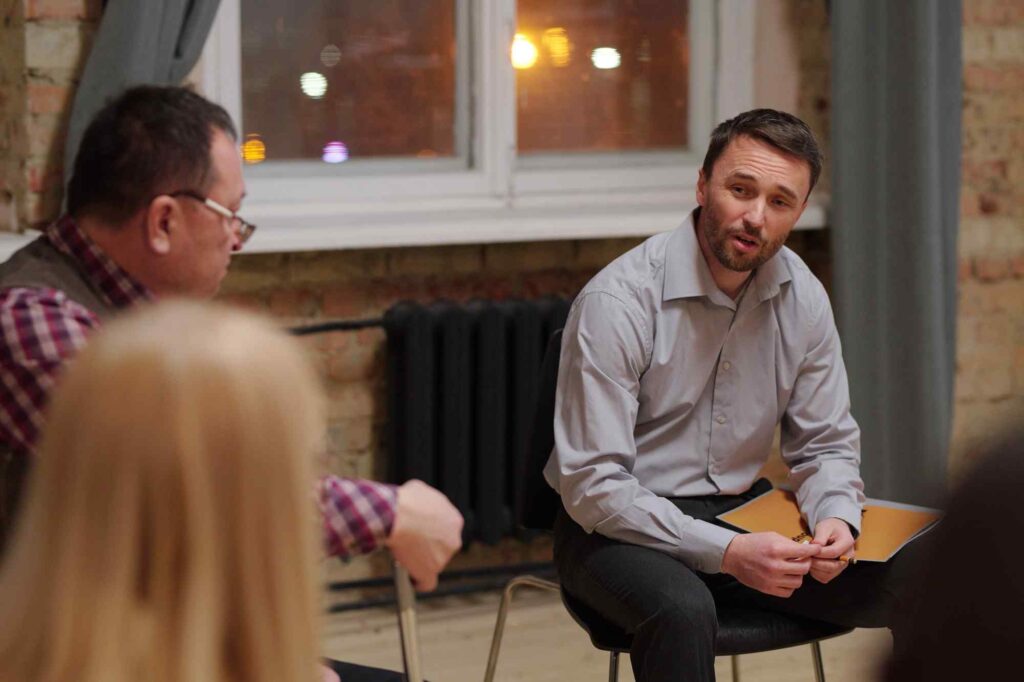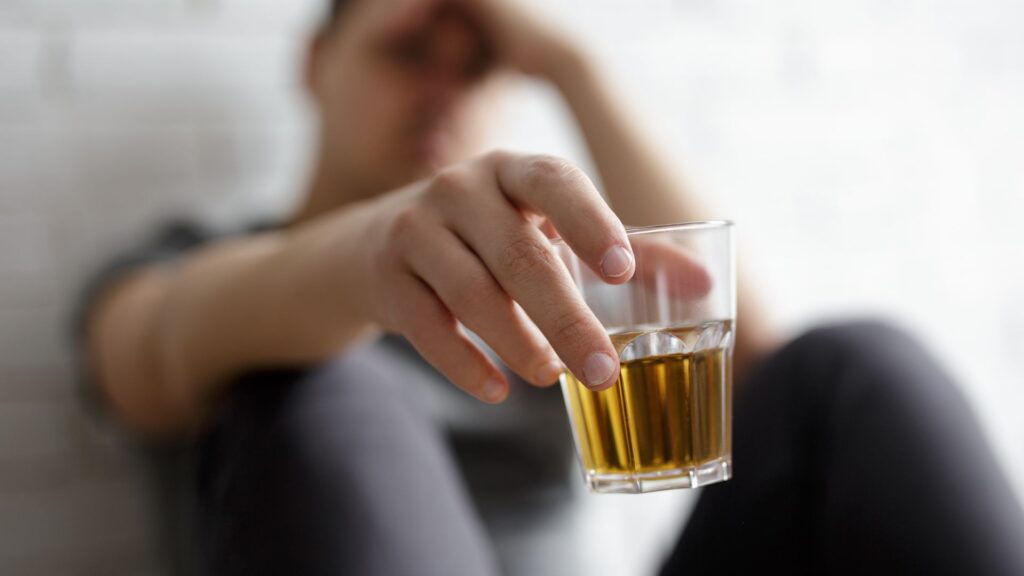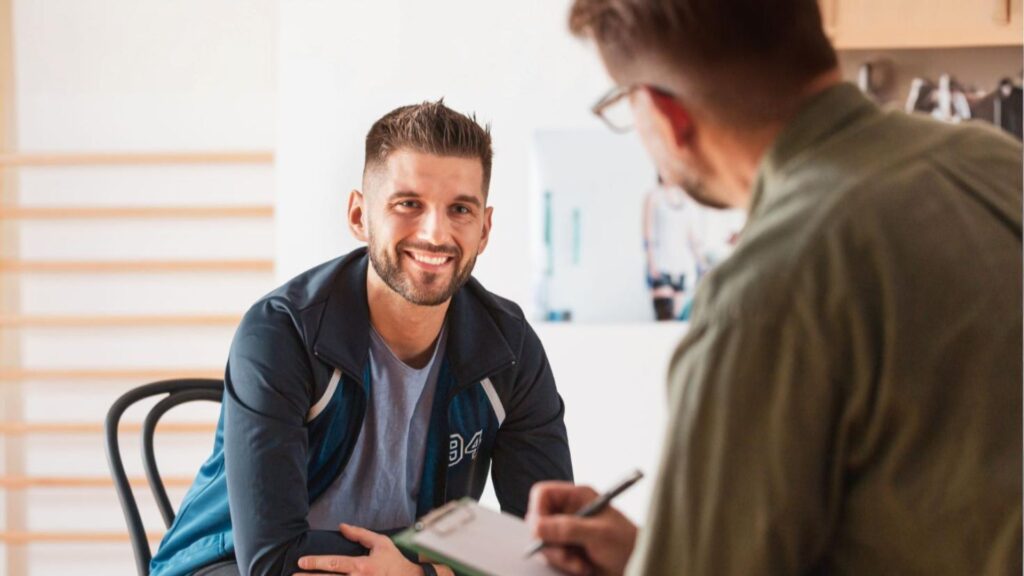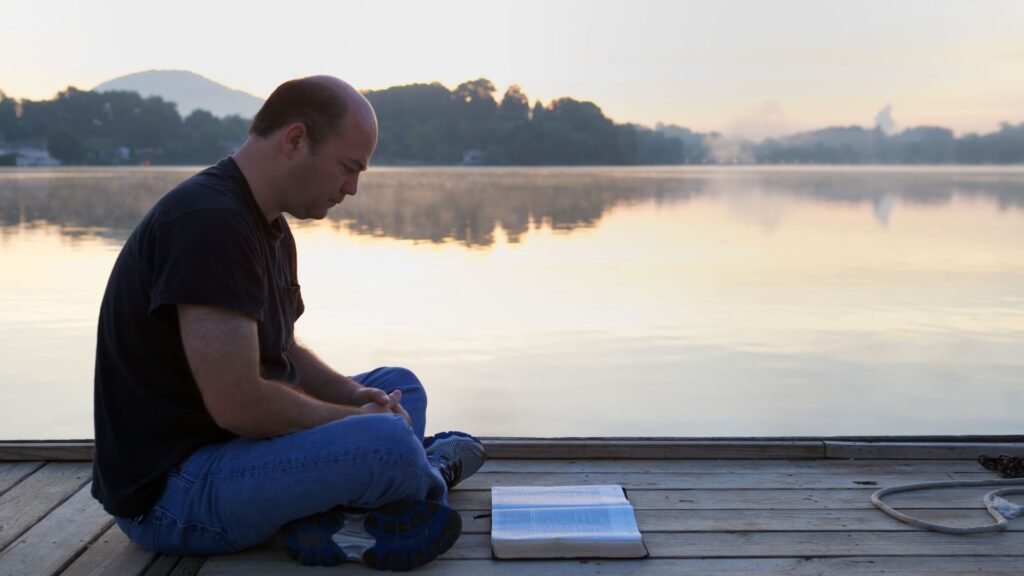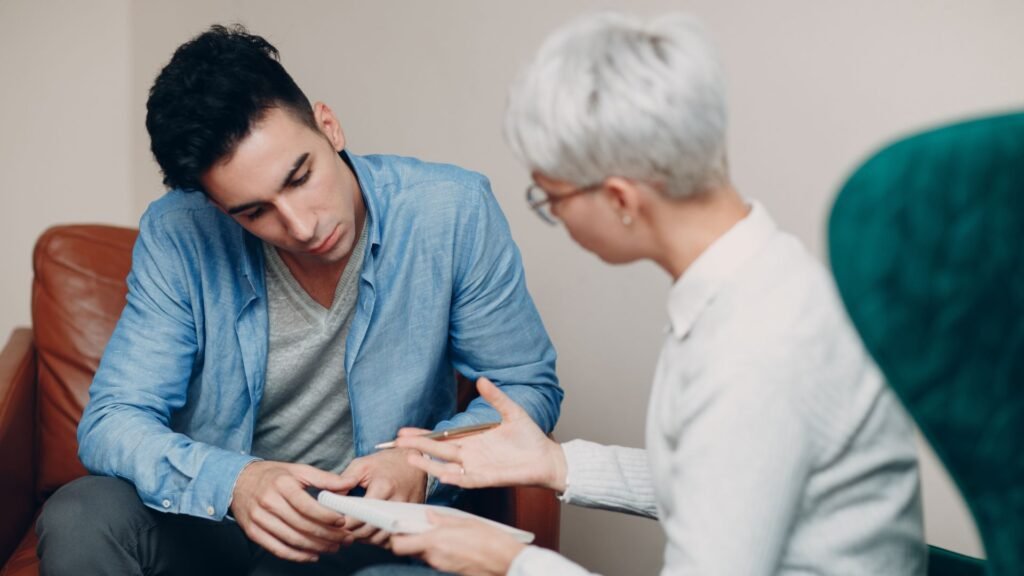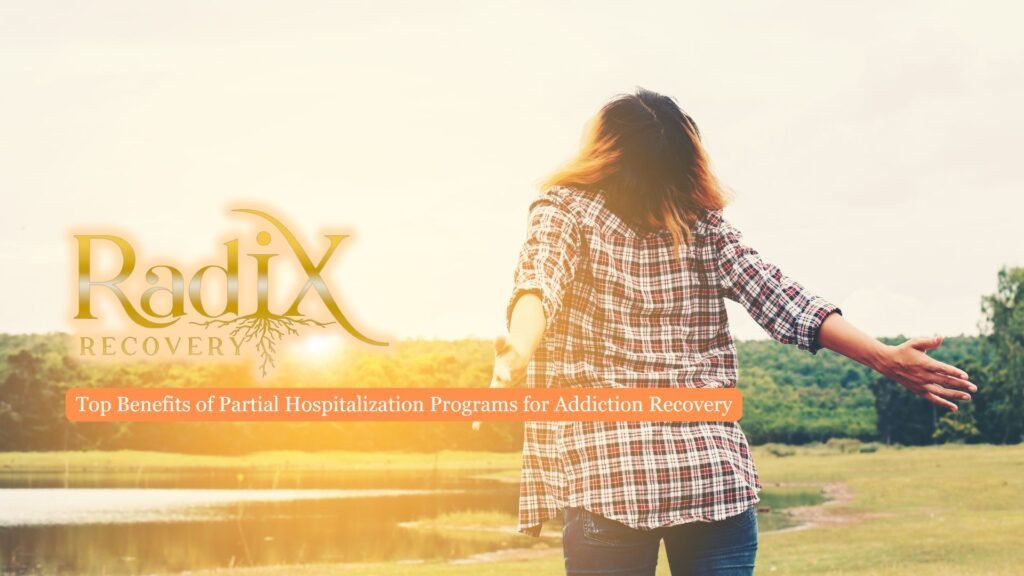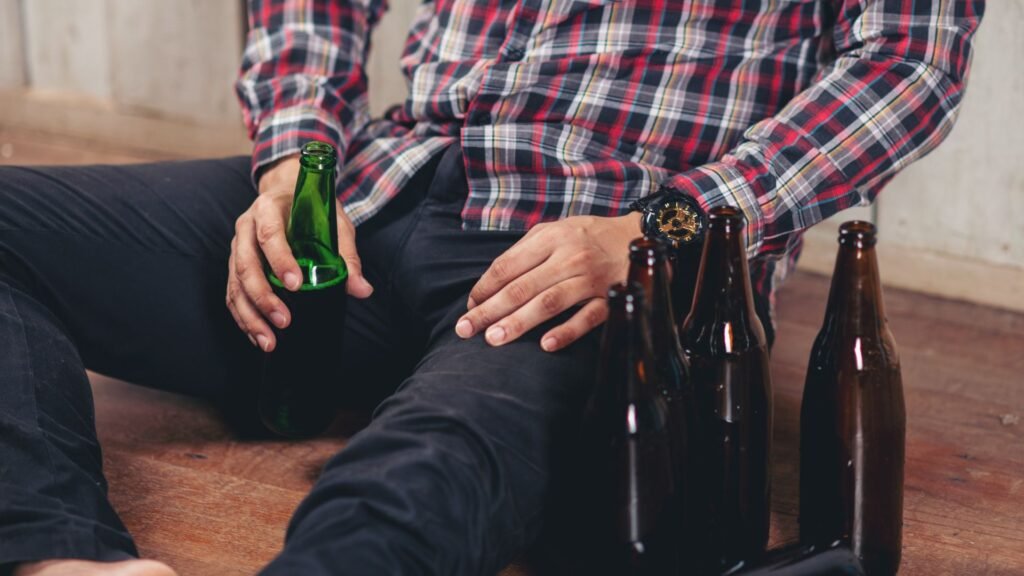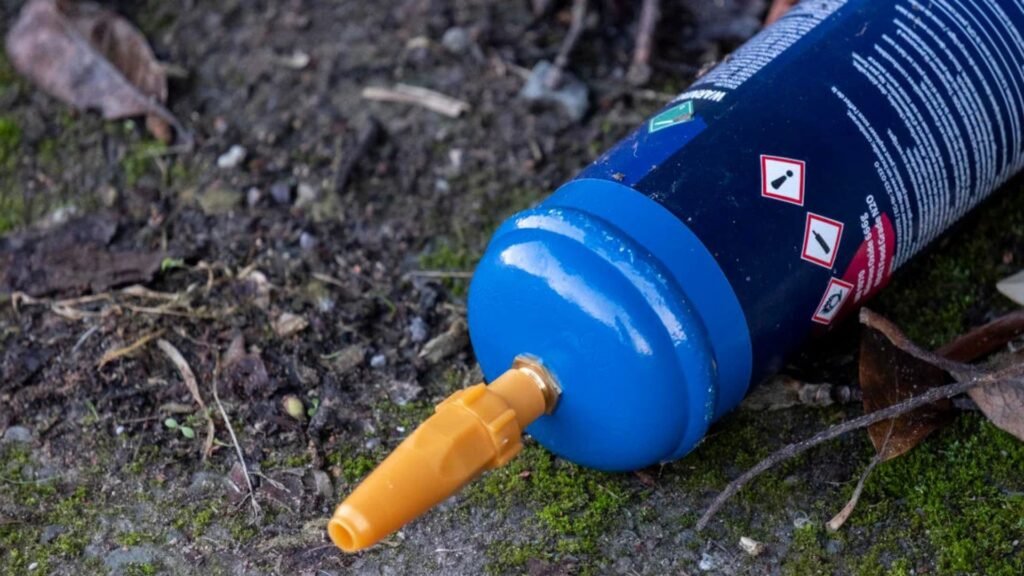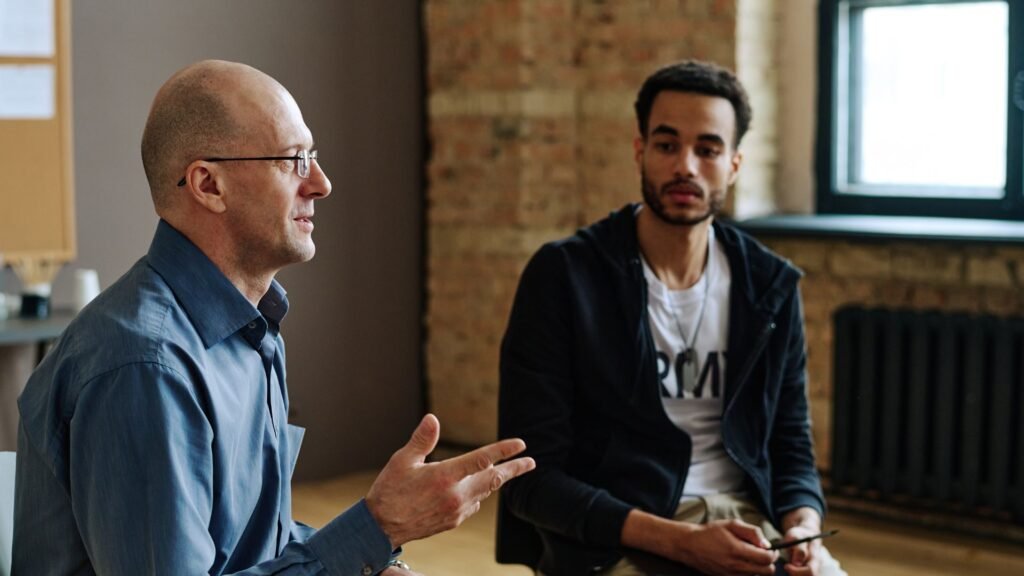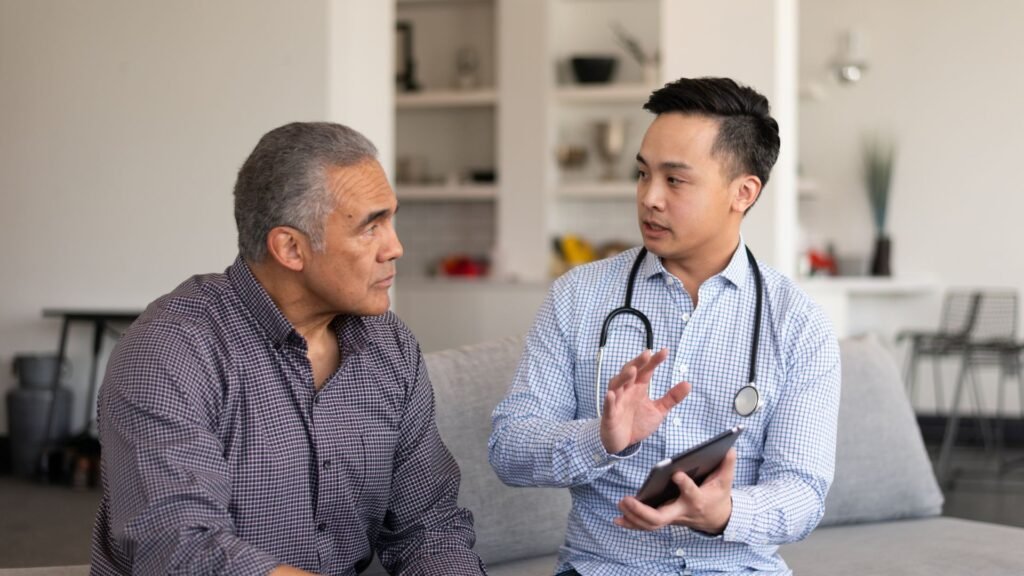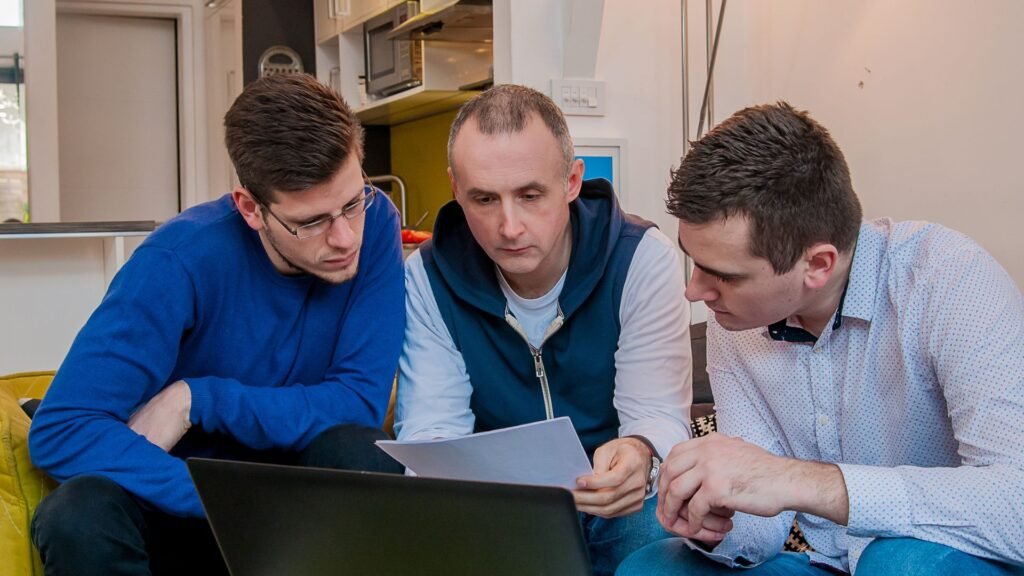A sponsor, frequently referred to as a mentor or guide, plays a crucial role in assisting newcomers in navigating the 12-step program, providing support, accountability, and shared experiences. For many individuals, this relationship becomes a foundation of their sobriety. However, not everyone is comfortable with the concept of sponsorship, and some question whether it is necessary for achieving long-term recovery.
This article delves into the purpose and advantages of sponsorship in AA, explores its potential challenges, and examines whether it is essential for success in the program.

The Role of an AA Sponsor
As someone who’s completed the steps and maintained sobriety, your sponsor in the Alcoholics Anonymous program is well-positioned to provide practical advice and share experiences. They’ll help you navigate challenges, offering support and accountability along the way.
Your sponsor-sponsee relationship is built on open communication and trust. You can confide in them about your struggles, seek guidance, and receive honest feedback tailored to your recovery journey.
They’ll assist you in setting and achieving personal goals while maintaining healthy boundaries. Having a sponsor in addiction recovery can significantly increase your chances of achieving long-term sobriety and thriving in the AA recovery community.
Benefits of Having a Sponsor
Sponsors offer personalized guidance, helping sponsees navigate the 12-step program and providing practical advice based on their own experiences with addiction and recovery. They serve as a source of accountability, encouraging regular check-ins and meeting attendance, which helps prevent relapse and reinforces commitment to sobriety. In addition to practical support, sponsors provide emotional support, fostering a safe environment for honest and open communication without fear of judgment.
This connection promotes a sense of belonging and alleviates feelings of isolation that are common in early recovery. The sponsor is someone who serves as a living example that sustained sobriety is possible, instilling hope and motivation during challenging periods.
Through building trust and mutual respect, many sponsor-sponsee relationships develop into enduring friendships that offer ongoing support throughout the recovery journey.
Challenges and Considerations
Finding a good sponsor who is sober, experienced, and committed to guiding you through the 12 step meetings can take time and effort. Compatibility is key, as mismatched personalities or conflicting approaches to recovery may hinder progress.
Some sponsors may also exhibit controlling or addictive behaviors, which can complicate the relationship and potentially disrupt the recovery process.
Maintaining healthy boundaries is crucial to ensure the sponsor-sponsee dynamic remains supportive rather than overwhelming.
It’s also worth noting that not every sponsor will meet your expectations, and switching sponsors may be necessary to find someone better suited to your needs.
Why is Having a Sponsor Important in Your Recovery?
Having a sponsor in Alcoholics Anonymous is not strictly necessary, but it can be an incredibly valuable resource for individuals navigating the path to recovery from substance use disorder.
For those new to recovery, staying sober can feel daunting, and a sponsor provides personalized guidance and encouragement during this critical period. Sponsors help break down complex recovery concepts, such as the 12 steps, making them more accessible and actionable. They also serve as a source of accountability, checking in regularly and offering support during moments of doubt or temptation.
Choosing a sponsor is a highly personal decision, as the ideal sponsor is someone who embodies sobriety and demonstrates healthy behavior, acting as a role model for living an alcohol-free life.
While rehab programs and support group meetings are essential components of recovery, the one-on-one mentorship offered by a sponsor can significantly enhance an individual’s ability to maintain sobriety and build a solid foundation for long-term success. For many, this relationship becomes a cornerstone of their journey toward overcoming alcohol use disorder.

How to Find the Right Sponsor?
To find a sponsor, start by attending local AA meetings regularly and observing members who have successfully maintained sobriety and actively participate in the program. It’s important to get to know potential sponsors by listening to their experiences and assessing whether their approach aligns with your needs.
When choosing a sponsor, look for someone who has worked through the 12 steps, demonstrates stable behavior, and is willing to offer guidance without judgment. Compatibility is essential, so choose someone whose communication style and values resonate with you.
If you’re ready to become a sponsor yourself later in recovery, AA provides opportunities to mentor others, further strengthening your own commitment to sobriety while helping others on their journey.
Finding a sponsor may take time, but the right match can make a significant difference in building a strong foundation for lasting recovery.
Final Thoughts from Radix Recovery
At Radix Recovery in Cedar Rapids, we recognize that each person’s requirements are distinct. That’s why we provide a wide array of evidence-based treatments and individualized care plans to assist you in achieving long-term recovery, regardless of whether you decide to work with a sponsor. If you’re prepared to take the next step towards a healthier, alcohol-free life, our caring team is here to help you get sober and work on resolving any substance abuse and mental health issues.










